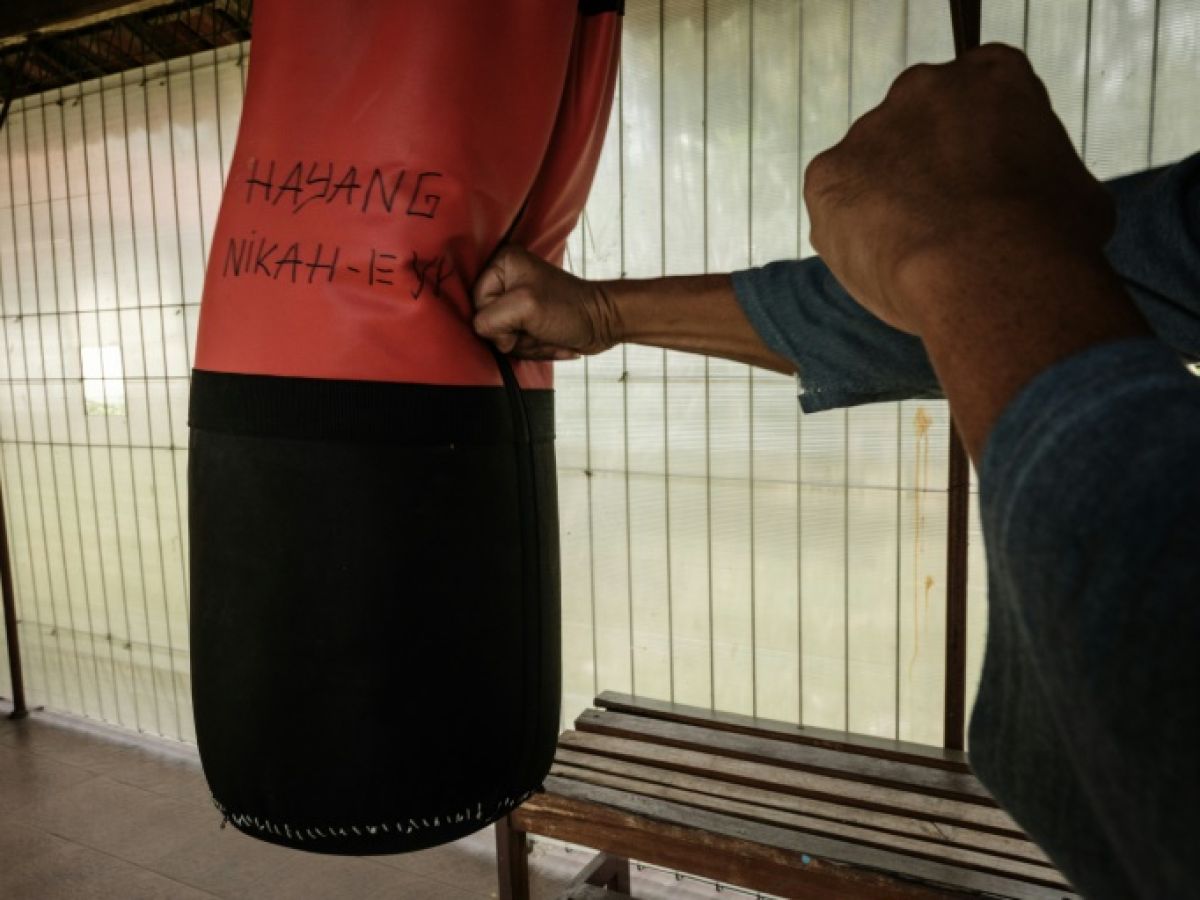When his wife asked him why he no longer sent money to his village, Surya, a snack seller, broke down: he confessed to her that he had lost more than 10,000 euros gambling, a small fortune when his monthly salary does not exceed 230 euros.
"If I lost big, I was determined to win back what I had lost no matter what, even if I had to borrow money," the 36-year-old father of two, who declined to give his real name, told AFP.
Although gambling is illegal in the Muslim-majority country, with offenders facing up to six years in prison, around 3.7 million Indonesians (out of a population of 270 million) engaged in it last year, betting more than $20 billion (17 billion euros), according to official figures.
The alarming statistics prompted President Joko Widodo to set up a dedicated task force in June. The government has also ordered internet service providers to block gambling sites based abroad, mainly in Cambodia and the Philippines.
Some VPN services, which allow bypassing firewalls, have been blacklisted. But the most "addicted" players can still bet from their phones or via illegal bookmakers.

Surya's work could earn him up to four million rupees (230 euros) a month in Bandung, West Java. But once he started gambling, the street vendor would send only one million rupees (58 euros) home.
"Even if you win, the money disappears instantly. Now I prefer to give money to my wife," he assures.
– “I want to stop” –
Eno Saputra, a 36-year-old vegetable vendor from South Sumatra, started buying lottery tickets illegally five years ago but is now addicted to betting on his phone, spending up to 100,000 rupiah (£4.70) a day on it - more than the price of a meal.
If he has ever won 8 million rupees (460 euros), he loses most of the time and wants to end this addiction. "I know it is wrong and forbidden by my religion," he sighs. "From the bottom of my heart, I want to stop, for my (three) children."

In Bogor, south of Jakarta, a psychiatric hospital has been treating gambling addicts since the beginning of the year.
So far, 19 people have received counseling and therapy to treat anxiety, paranoia, sleep disorders and suicidal thoughts, said Nova Riyanti Yusuf, director of Marzoeki Mahdi Hospital.
"This is just the tip of the iceberg, because not everyone understands that gambling addiction is a disorder," she told AFP.
– Murders, suicides…-
A wave of murders, suicides and divorces linked to online gambling has recently been reported.
In June, a policewoman in East Java set her husband on fire, citing his gambling addiction. Last year, a 48-year-old man in Central Sulawesi robbed and killed his mother to fund his addiction, according to local media.
A rise in suicides among addicted gamblers has also been reported by various media outlets, while Islamic courts on the island of Java say they are handling more divorce petitions from women whose husbands gamble online.

"Gambling is endangering our future... as well as that of our family and our children," President Widodo warned.
The scale of the phenomenon is worrying. The police have indicated that they arrested 467 online gaming operators between April and June, seizing more than $4 million in assets (3.6 million euros).
But the justice system is criticized, accused of only targeting scapegoats and of inflicting prison sentences that are too lenient, while these illegal operators face 7 to 18 months in prison.
"The investigations should be extended to the big names," said Nailul Huda, an economist at the Jakarta-based Center for Economic and Legal Studies (Celios). "These operators do not work alone, they answer to people above them," he added.


